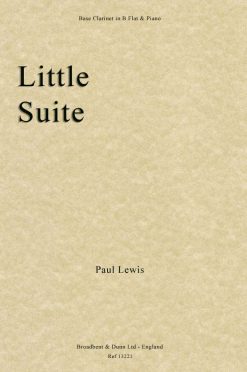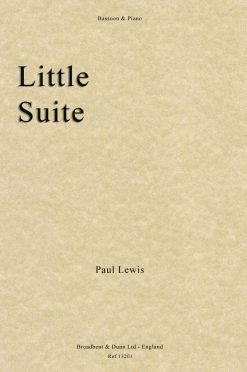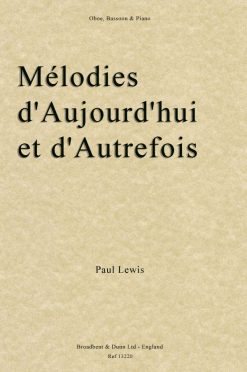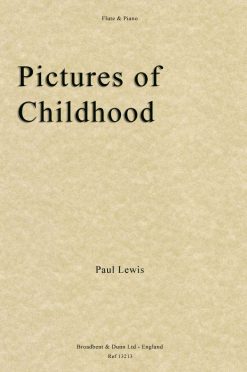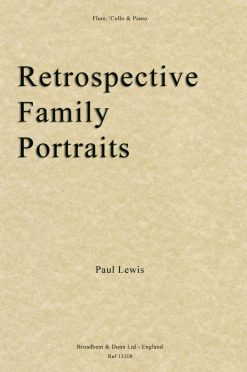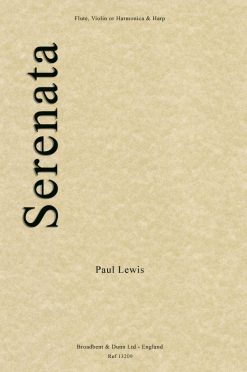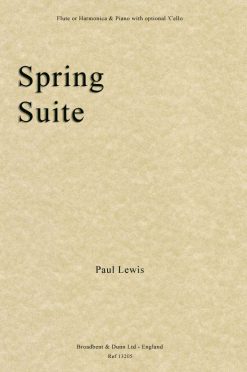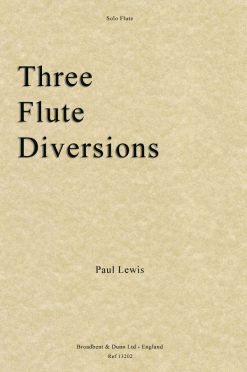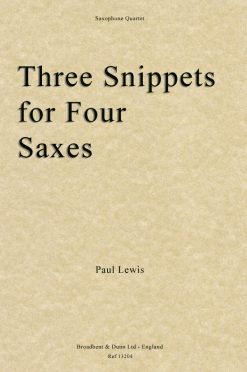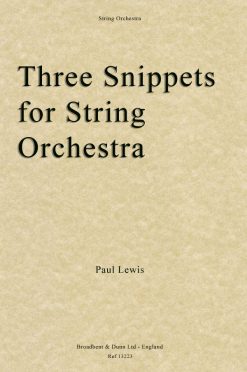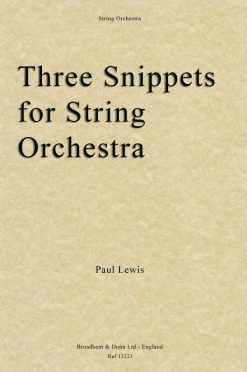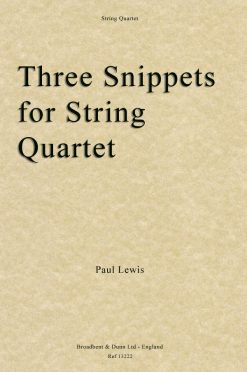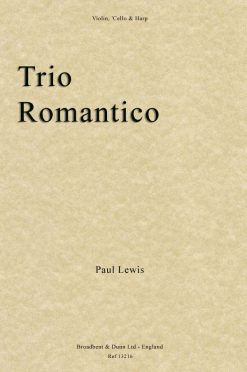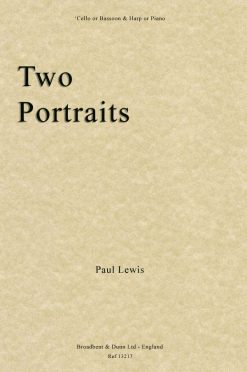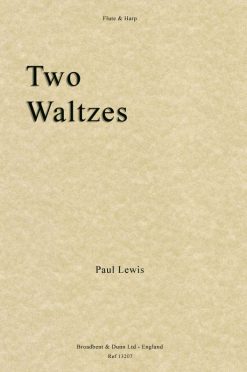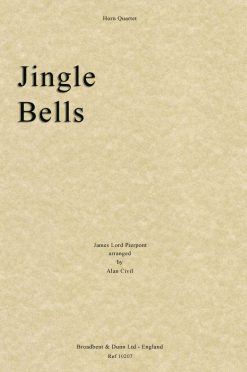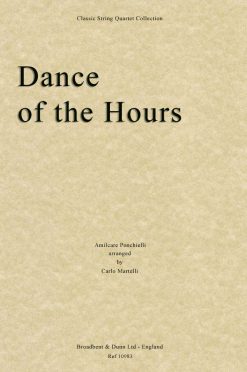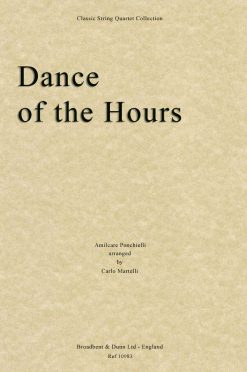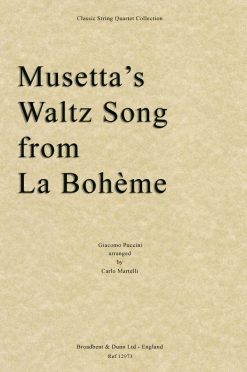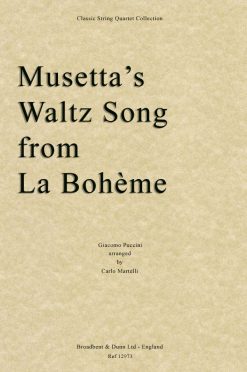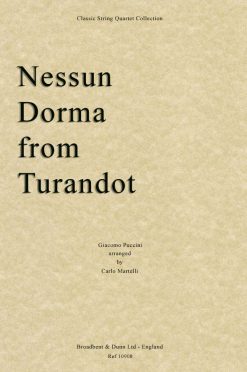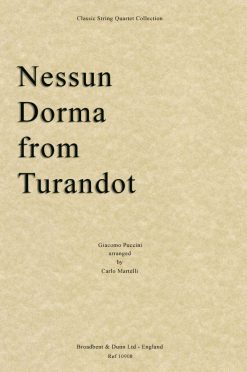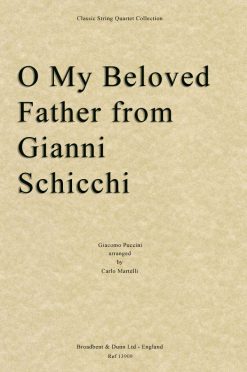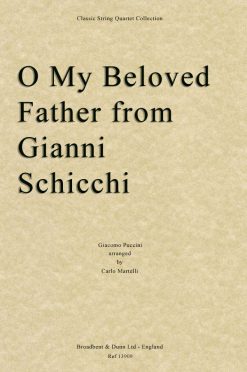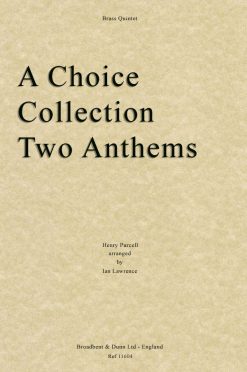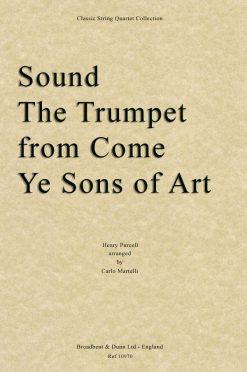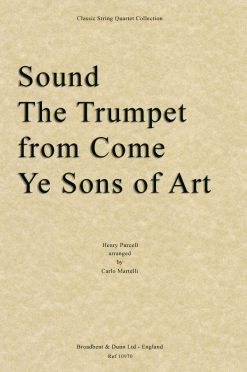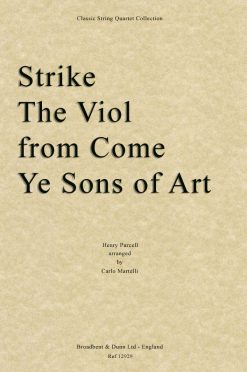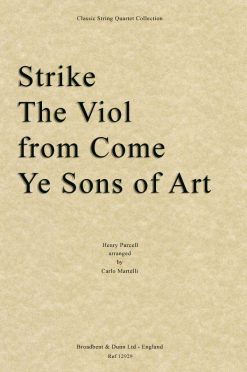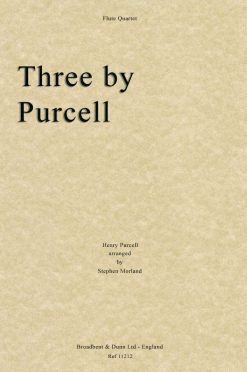Clarinet & Piano
Bassoon & Piano
Oboe, Bassoon & Piano
Paul Lewis – Mélodies d’Aujourd’hui et d’Autrefois (Oboe, Bassoon & Piano)
Flute & Piano
This work, consisting of four melodic pieces inspired by the infant children of friends of the composer, is in an uncomplicatedly melodic style being evocative of the innocence of childhood, and is very pleasing to perform and to listen to. Lullaby for Laura did its job when, on hearing it for the first time, Laura fell asleep in her mother's arms. Tallulah's Tune is based on the rhythm of her names. Poppy's Waltz was inspired by a neighbours little blonde girl in her garden, and Keris Mae was introduced to the composer in a playground, hence the playful nature of her piece. Premiered in London by Rachel Smith (a regular interpreter of Lewis's music) accompanied by Rachel Fryer on the 1st August 2005. Named as a finalist in the 2012 National Flute Association’s Newly Published Music Competition, Pictures of Childhood is for secondary schools, colleges, conservatories and professionals. The first movement Lullaby for Laura was a Grade 6 Associated Board of the Royal Schools of Music (ABRSM) exam piece between 2018 and 2021.
Flute 'Cello & Piano
Paul Lewis – Retrospective Family Portraits (Flute, ‘Cello & Piano)
Flute 'Cello & Piano
Paul Lewis – Spring Suite (Flute or Harmonica & Piano with optional ‘Cello)
Saxophone Quartet
String Orchestra
String Orchestra
String Quartet
Violin, 'Cello & Harp
Though the composer had yet to pay his first visit to Italy, romanticized thoughts of the country pervaded his mind as he wrote Trio Romantico. Images of the Tuscan countryside shimmering in a haze of midsummer sun are conjured in the first movement Invocazione, a love of courtly Renaissance art inspired the antique dance-like nature of the Intermezzo, and the yearning feelings of the final Romanza are those of a composer never truly at home when not surrounded by ancient art and architecture. The premiere of Trio Romantico was given by Willemijn Steenbakkers (violin), Gemma Kost (‘cello) and Alexander Rider (harp) at the Sounds New 2010 Contemporary Music Festival held in Canterbury in May 2010.
Flute & Harp
Horn Quartet
Ponchielli, Amilcare
Ponchielli, Amilcare
Puccini, Giacomo
Puccini – Musetta’s Waltz Song from La Bohème (String Quartet Parts)
Puccini, Giacomo
Puccini – Musetta’s Waltz Song from La Bohème (String Quartet Score)
Puccini, Giacomo
Puccini, Giacomo
Flute Quartet
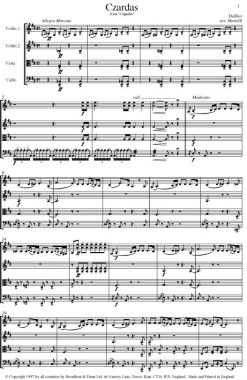 Delibes - Czardas from Coppélia (String Quartet Parts) - Parts Digital Download
Delibes - Czardas from Coppélia (String Quartet Parts) - Parts Digital Download 
